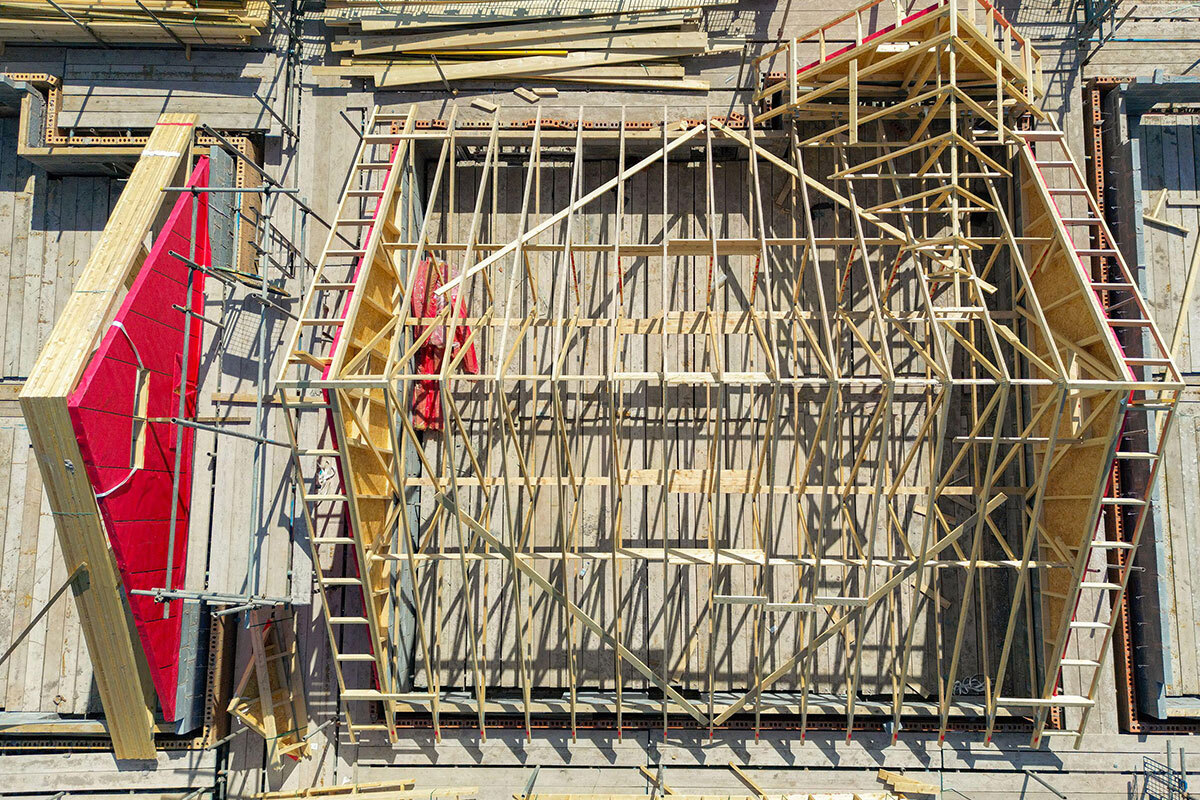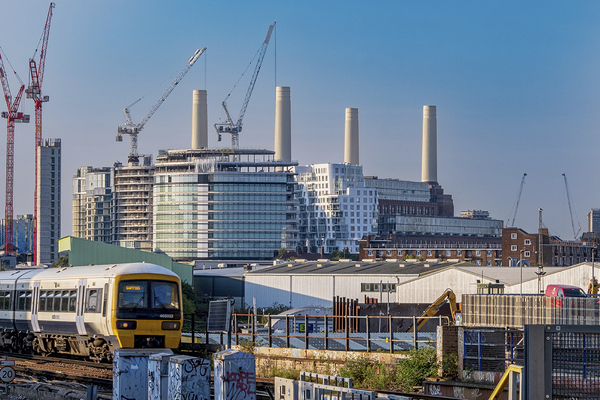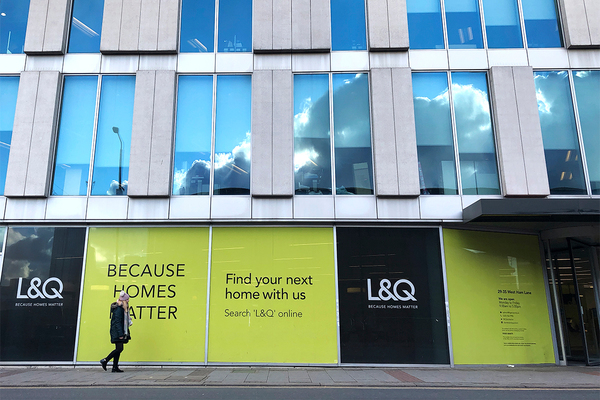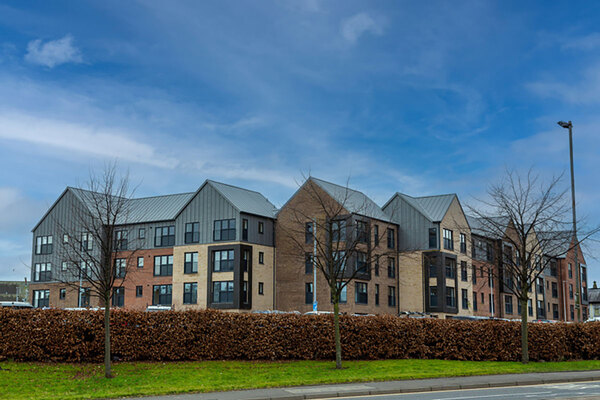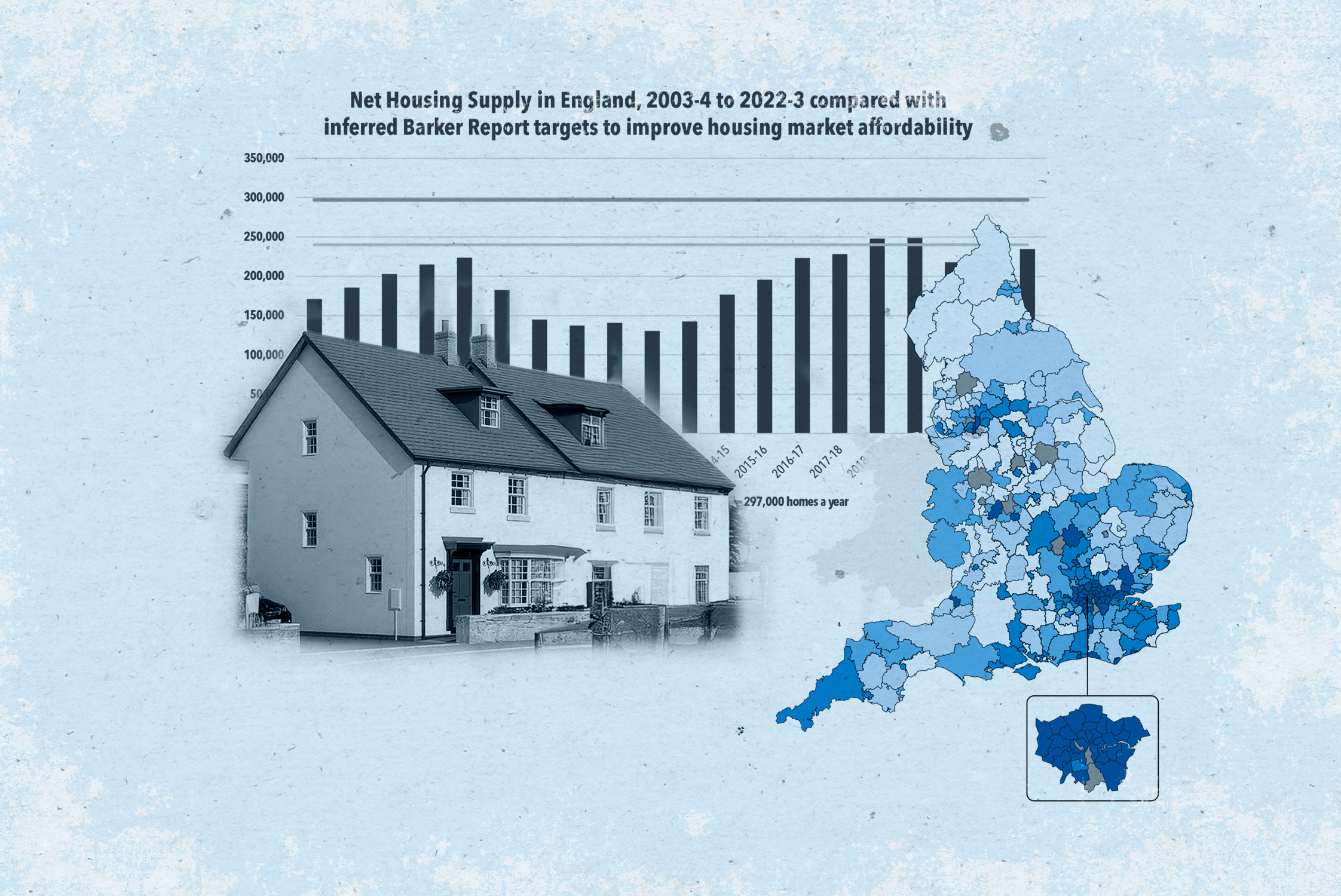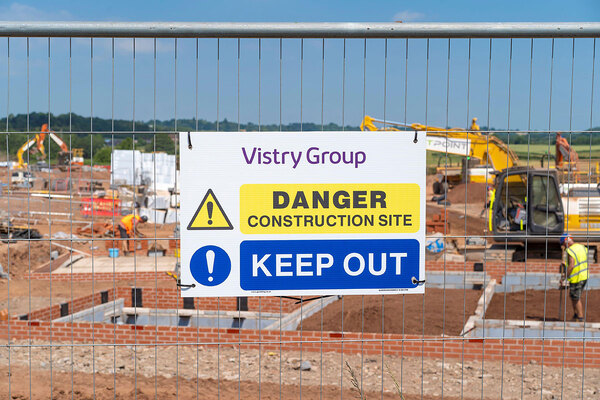You are viewing 1 of your 1 free articles
Latest figures show annual starts down 16% in 2023
The number of new build starts in England fell 16% in 2023 compared with the previous year, according to the latest government figures.
In the year to 31 December 2023, construction began on 148,930 homes, down from 178,110 in 2022.
New build completions for 2023 stood at 158,190, an 11% decrease compared with the previous year (177,810).
The most recent peak for new build completions was in the year ending June 2021, when 181,940 homes were finished.
A total of 19,080 homes were started in the fourth quarter of 2023 (between 1 October and 31 December). This is a 10% decrease on the previous quarter and a 51% decrease compared with the same quarter in 2022.
Completions in the fourth quarter of 2023 stood at 39,650, 0% change on the previous quarter, but a 15% decrease compared with the same quarter the previous year.
Since the end of the COVID-19 pandemic, new build starts peaked in the June quarter of 2023 before falling steeply in the second half of the year.
In its accompanying analysis, the Department for Levelling Up, Housing and Communities (DLUHC) said the sharp decrease in starts in the second half of 2023 was partly due to changes in building regulations.
In June 2023, the transition period into new building regulation standards ended in England. These new standards related to energy performance and electric-vehicle charging points.
Many house builders may have chosen to bring projects forward to avoid the cost of complying with the new standards, which caused “an unusually high peak” in starts in the second quarter of 2023, the DLUHC found.
By contrast, starts slumped to “corresponding low levels” in the third and fourth quarters of 2023.
“This makes it difficult to assess the underlying trend in starts this quarter and so it is not advised to draw conclusions from comparing this quarter directly with other quarters,” the department added.
In the 2022-23 financial year, the DLUHC estimated that private enterprise (homes built for private sale, private renting and by non-registered providers) delivered 75% of new completions, while housing associations delivered 22% and local authorities 3% of total new build homes.
Of the 212,568 new homes completed in the 2022-23 financial year, private enterprise delivered 159,246, housing associations 47,185, and local authorities 6,137. Of these homes, 25,635 were delivered via Section 106 affordable housing agreements.
Commenting on the latest figures, Andy Hulme, the chief executive of Hyde, pointed out that new home starts by housing associations were 6% lower year on year, which he put down to “high inflation, high interest rates and global economic headwinds of the last few years”.
He added: “In the next settlement for social housing rents, it is vitally important the government delivers long-term certainty to help us unlock additional private sector investment, with a 10-year, index-linked settlement.
“Private investors making long-term investment decisions need long-term assurances and funding commitments from national government. Without that, institutional investors can, and indeed do, choose to invest their money where they can receive long-term certainty.
“We need government funding to work smarter to create a stable environment so we can maximise private investment to deliver more of the homes this country desperately needs.”
The G15 warned recently that starts of affordable homes in the current financial year are expected to have fallen by 76%, to 1,769, in the capital, compared with 7,363 the previous year.
Sign up for our development and finance newsletter
Already have an account? Click here to manage your newsletters
